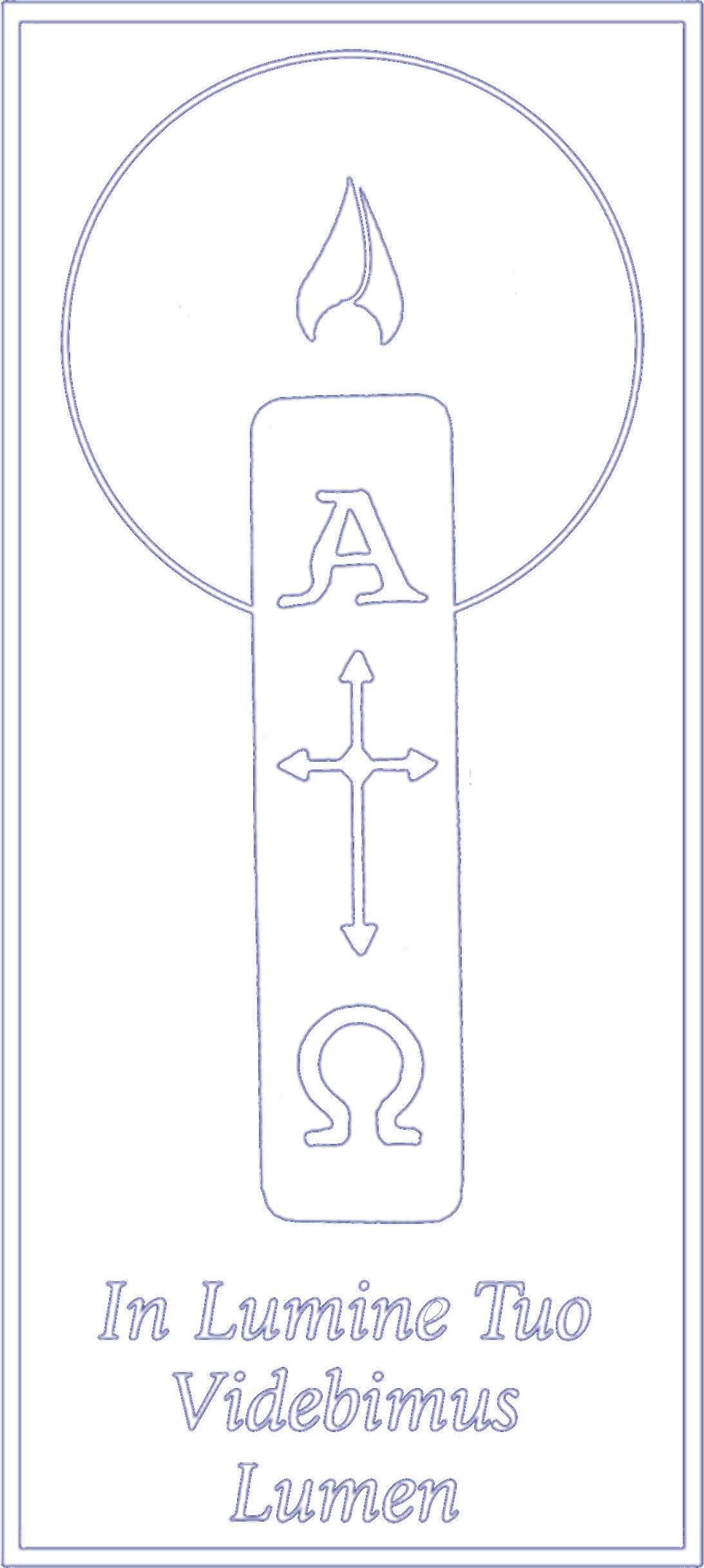This seminar will be a five-day, intensive discussion aimed at understanding and evaluating St. Thomas Aquinas’ account of liberum arbitrium and of the psychological and metaphysical principles that underlie it. The sessions will center on passages from the Summa Theologiae, but we will also refer to other works of Aquinas, such as the De Malo and the Commentary on Aristotle’s Metaphysics, and to pertinent texts from other philosophers such as Plato, Aristotle, Kant, and Anscombe. We will want to address some of the more controversial questions about Thomas’ views, such as the following: Does he differ from Aristotle on the will, and if so, how? Did he change his own mind about the will? To what extent, in Aquinas' account, does the freedom of the will depend upon the distinction between the will and the intellect? Does St. Thomas’ apparent intellectualism commit him to some kind of determinism with regard to choice? Does he offer an adequate account of the choice of evil? In comparison with modern thinkers, does he sufficiently appreciate the value of freedom?
LOCATION AND FORMAT
Format: There will be two 2 ½ hour sessions each day. Each session will include an opening lecture and seminar-style discussion of the text and the issues at hand. Students will be expected to prepare the readings carefully and participate in the discussions of the material.
Location: The seminar will take place at the Gavin House. Students will be provided with lodging, most meals (some on their own), and a travel stipend of up to $350.
Application Information: This seminar will be open to PhD students in the humanities and relevant fields (such as philosophy, theology, english, classics, & history).
Applicants will be required to submit:
- A completed online application form.
- An updated CV.
- At least one and as many as two letter(s) of recommendation from a member of the program in which the student is currently enrolled.
- A statement of research interest no longer than 750 words, which includes an explanation of how this seminar might bear on the student’s current or future research plans.
- One academic writing sample (30 pages maximum).
All application materials can be submitted via the online application. Incomplete applications will not be considered. Fiften students will be admitted to this seminar.
THE APPLICATION DEADLINE IS FEBRUARY 25, 2024.
Contact us with any questions at seminars@lumenchristi.org.





